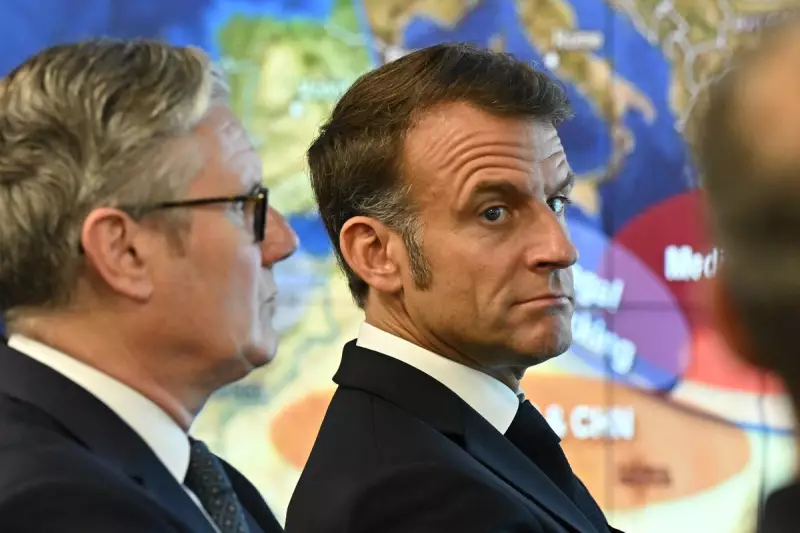
French President Emmanuel Macron is set to announce a significant expansion of the nation's military service on Thursday, a strategic move designed to strengthen the country's defences in response to escalating threats from Russia.
A Nation Preparing for Growing Threats
During a scheduled visit to the Varces military base in the French Alps, Macron will outline the new national military service plan, emphasising the urgent need to prepare France for an increasingly volatile geopolitical landscape. His office confirmed the President's focus will be on the "need to prepare the nation for growing threats".
This initiative builds upon a previous proposal for a voluntary service option for French youth. Officials have been quick to clarify that this does not signal a return to the conscription model that France ended back in 1996. Macron explicitly stated that volunteers in this new programme would not be sent to the front line in conflicts like Ukraine.
Bolstering Defences Against an Imperial Russia
The driving force behind this policy shift is the perceived danger from Russia. Macron has publicly stated that Russia's war in Ukraine has placed the European continent at "great risk". In a recent radio interview with RTL, he warned, "The day that you send a signal of weakness to Russia — which for 10 years has made a strategic choice to become an imperial power again, that’s to say advance wherever we are weak — well, it will continue to advance."
This sense of urgency was starkly echoed by France’s new army chief of staff, General Fabien Mandon. Last week, he sent a sobering warning about the nation’s need to be prepared to “lose its children” in a potential future confrontation with Russia. He pointed to Russia's annexation of Georgian territory in 2008, the taking of Crimea in 2014, and the full-scale invasion of Ukraine in 2022 as a pattern of behaviour.
General Mandon added, "Unfortunately, Russia today, based on the information I have access to, is preparing for a confrontation with our countries by 2030. It is organising itself for this, it is preparing for this, and it is convinced that its existential enemy is NATO."
Financial Commitment and European Context
This renewed focus on defence is backed by substantial financial investment. Macron has announced an additional 6.5 billion euros ($7.6 billion) in military spending for the next two years. Furthermore, France aims to spend 64 billion euros on annual defence by 2027, which would be double the expenditure from when Macron first took office in 2017.
Currently, the French military is a formidable force, comprising:
- Approximately 200,000 active personnel
- Over 40,000 reservists
This makes it the second-largest military in the European Union, trailing only Poland. The new plan includes an ambition to increase the number of reservists to 100,000 by 2030.
France is not alone in this military bolstering effort across Europe. Several other nations are taking similar steps:
- Germany is pursuing a new voluntary military service model, pending parliamentary approval.
- Belgium's defence minister has contacted 17-year-olds to encourage enlistment, aiming to select 500 candidates for a new programme starting in September.
- Poland has begun a voluntary training programme with a goal to train 100,000 volunteers annually from 2027, focusing on building a strong reserve force.
This continental shift underscores a collective European response to a changed security environment, with nations reassessing their readiness in the face of persistent threats.





